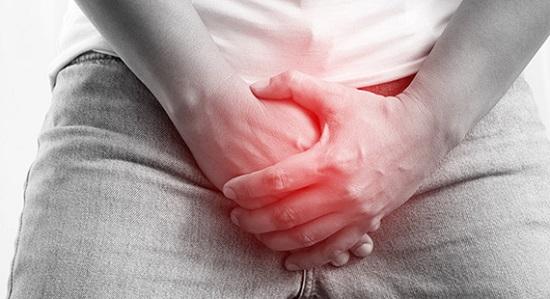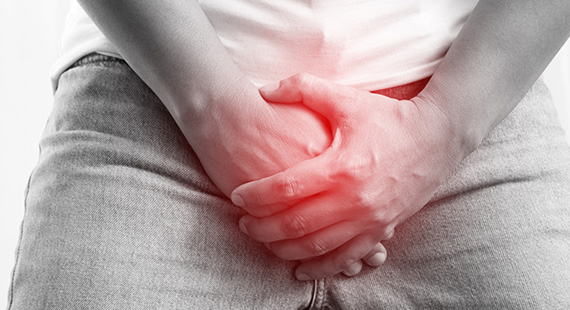How Does Stress Impact Balanitis Treatment and What Stress-Reducing Techniques Can Help

How Does Stress Impact Balanitis Treatment and What Stress-Reducing Techniques Can Help?
Balanitis is an inflammation of the glans penis that can cause discomfort, itching, and irritation. Effective balanitis treatment depends on addressing the underlying causes, maintaining proper hygiene, and following medical advice. However, stress can interfere with the treatment process by weakening the immune system and worsening symptoms. Understanding how stress affects recovery and adopting practical stress-reducing techniques can contribute to better treatment outcomes.

How Stress Hinders Balanitis Treatment?
- Delayed Healing
Chronic stress reduces the body's ability to repair tissues efficiently. This can prolong the healing process for inflammation and related symptoms. - Weakened Immune System
A compromised immune system struggles to fight off infections, making bacterial or fungal causes of balanitis harder to manage. - Increased Sensitivity
Stress heightens the body’s perception of pain and irritation. This can make the discomfort caused by balanitis feel more intense. - Lifestyle Factors
Stress often leads to unhealthy lifestyle choices, including poor diet, inadequate sleep, and compromised hygiene, all of which can impede treatment effectiveness.
Stress-Reducing Techniques to Support Balanitis Treatment
Implementing effective stress management techniques can improve overall well-being and support the body during balanitis treatment. These methods aim to lower cortisol levels, strengthen immune function, and encourage healthier habits.
- Mindfulness and
Meditation
Practicing mindfulness or meditation can help calm the nervous system and reduce the physical effects of stress. Even dedicating 10 to 15 minutes daily to mindfulness exercises can ease tension and support healing. - Regular Physical Activity
Engaging in physical activities like walking, cycling, or stretching can help reduce stress hormone levels. Moderate exercise improves circulation, supports immune function, and enhances mood. - Balanced Nutrition
A diet rich in vitamins and minerals strengthens the body’s immune response. Incorporating fruits, vegetables, whole grains, and lean proteins can provide essential nutrients that promote recovery. - Adequate Sleep
Quality sleep is essential for immune function and tissue repair. Aim for 7 to 9 hours of uninterrupted sleep per night to give the body the necessary time to heal. - Relaxation Techniques
Incorporating relaxation methods, such as deep breathing exercises or progressive muscle relaxation, can reduce physical tension and lower stress levels. - Social Support
Engaging with supportive family members or friends can provide emotional relief. Sharing concerns and experiences can alleviate stress and encourage a positive mindset during treatment. - Time Management
Organizing daily tasks and setting aside time for rest can prevent stress from accumulating. Creating a structured schedule allows for a balanced lifestyle that promotes recovery.
Conclusion
Stress can significantly affect the body's ability to recover from balanitis by weakening the immune system and aggravating symptoms. Implementing practical stress-reducing techniques, such as mindfulness, physical activity, and adequate rest, supports the body during treatment. Consistent adherence to medical advice and proper hygiene practices further contributes to successful recovery. By addressing both physical and mental factors, individuals can improve their response to balanitis treatment and reduce the likelihood of recurrence.
Post Your Ad Here
Comments